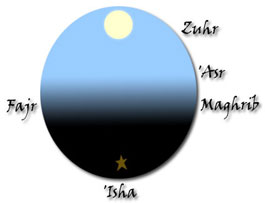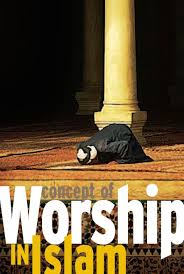Hindu Yoga and the Five Prayers in Islam (2/3)
All elements of the unification of thought exist in the prayer in Islam in a distinct way that could not be found in the Hindu yoga, or in the worship of any other religion.

All elements of the unification of thought exist in the prayer in Islam in a distinct way that could not be found in the Hindu yoga, or in the worship of any other religion.
The Prophet Muhammad said: “If a single person were to sleep hungry in a town, then Allah’s protection is lifted from such a town.”

Zakah is one of the five pillars of Islam. Zakah is mentioned together with Salah in eighty two verses of the Glorious Qur’an.
Hinduism has some sorts of worship similar to the worships in Islam, however, in Hinduism those worships have been twisted and changed and were mixed with polytheistic rituals and additions.

In Hinduism, it is generally recognized that most daan is directed towards Brahmins. This is broadly in line with the pauranik directives.

The term ‘worship’ covers any action that one does in accordance with the will of Allah. It can be mental, physical, spoken or otherwise. All such actions will be rewarded.

Islam teaches to worship One and Only God. Unlike all other religions, which tend to revere their founders excessively often to the point of worshiping them.

During Hajj, the pilgrims relive the life of Prophet Ibrahim and his son Prophet Ismail (peace be upon them). Allah was pleased with their sacrifice and so He has destined all Pilgrims to revive certain moments of their life.

The Islamic way of life is a practical one, it is not beyond the human strength, but according to people’s ability, the provisions of Islam have been applied almost a thousand years in all parts of the Muslim world.

A Muslim can shorten and join two prayers in some cases, such as when he is sick or traveling, which makes praying easy for him.